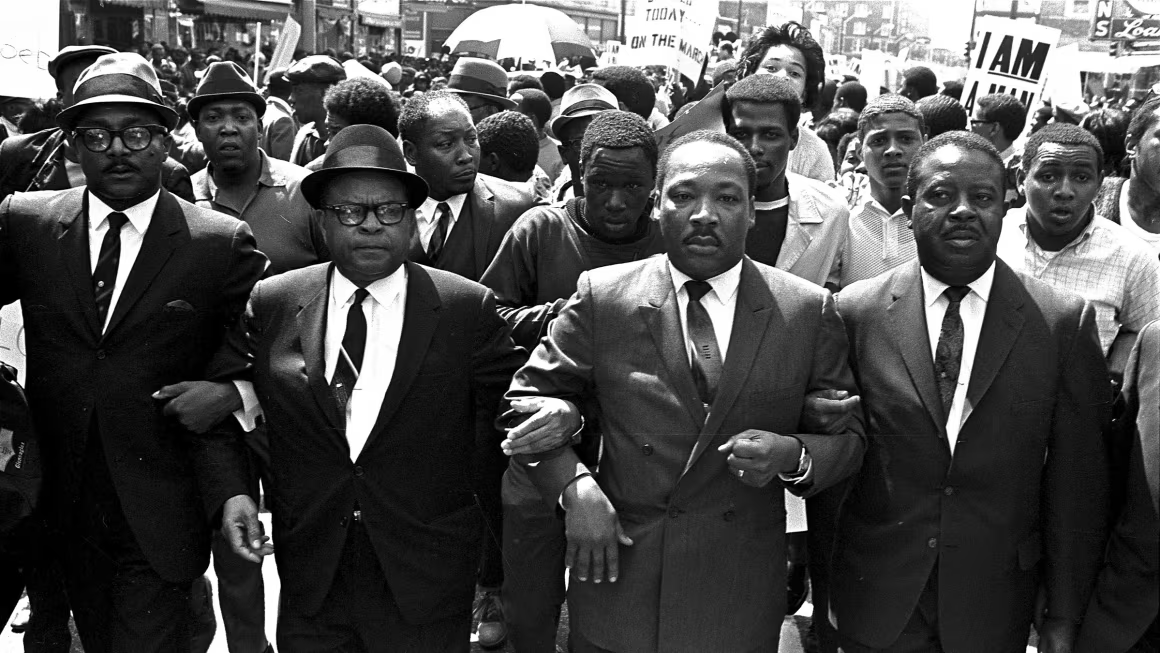On Monday, the U.S. Justice Department made public at least 230,000 pages of documents related to the surveillance and assassination of Dr. Martin Luther King Jr. These files, many sealed since 1977 under court order, provide an unprecedented window into how federal agencies tracked and tried to discredit one of the most iconic figures in American history.
Background and Context of the Release
This release was part of a broader transparency effort initiated by the Trump administration, which earlier this year declassified records linked to the assassinations of President John F. Kennedy and his brother Robert Kennedy. While the government presents this move as a step toward openness, reactions have been mixed, particularly from Dr. King’s family.
King Family’s Response
King’s two surviving children, Martin Luther King III and Bernice King, were given early access to the files and continue to review them closely. They issued a joint statement acknowledging the public interest but emphasized the deeply personal nature of their father’s death. They urged the public to approach the documents “with empathy, restraint, and respect” for their family’s grief.
Contents of the Released Files
Among the records are FBI leads pursued after King’s assassination, and detailed accounts of the CIA’s concerns about King’s expanding activism against war and poverty. King was assassinated on April 4, 1968, in Memphis, Tennessee, while supporting sanitation workers striking for economic justice, a cause that reflected his later focus beyond racial equality.
The files confirm what has long been known about federal surveillance of King. Under FBI Director J. Edgar Hoover, the bureau wiretapped King’s phones, bugged his hotel rooms, and used informants to collect damaging information, including on his personal life.
Government’s Position and Criticism
According to Tulsi Gabbard, Director of National Intelligence, the disclosure is “unprecedented” in scope and part of a commitment to transparency. President Trump had promised during his campaign to make political assassination records public, but critics argue the timing serves political ends. Reverend Al Sharpton accused the administration of using the files as a distraction from controversies surrounding the Jeffrey Epstein investigation. Bernice King herself seemed to allude to this with a social media post urging, “Now, do the Epstein files.”
Differing Opinions Within the King Family
Not all King family members agree on the release. MLK’s niece Alveda King praised the move as a “gift to history,” while Martin III and Bernice urged caution and full historical context.
Legal and Historical Implications
The documents were initially to remain sealed until 2027 but were unsealed early following a Justice Department request. Scholars, journalists, and historians now face the monumental task of sifting through these documents for new insights.
Central to the ongoing debate is the question of who really killed Dr. King. James Earl Ray pleaded guilty in 1969 but later recanted, claiming he was set up. The King family has rejected the official narrative, citing a 1999 civil trial verdict that found a conspiracy involving government agencies. This verdict supports the family’s longstanding belief that Ray was not the sole culprit.
The Southern Christian Leadership Conference, founded by King, opposed the release, citing the history of illegal surveillance and warning of possible misuse amid ongoing civil rights struggles.
Legacy and Continuing Impact
For historians, the documents offer a valuable trove shedding light on the turbulent civil rights era, government abuses during the Cold War, and the persistent fight for racial justice. For King’s family, they reopen painful memories and underline the urgency of continuing his legacy.
As the family stated, “Now more than ever, we must honor his sacrifice by committing ourselves to the realization of his dream, a society rooted in compassion, unity, and equality.”
The Road Ahead
The question remains: will these revelations help America reckon with its past, or will they serve as a political distraction? And as Bernice King challenges, if such files can be unsealed, why not those related to Epstein?
The legacy of Martin Luther King Jr. continues to challenge the nation, not just to remember, but to confront truth and injustice.
Source: Reuters, IANS, statements from the King family, the U.S. Justice Department





